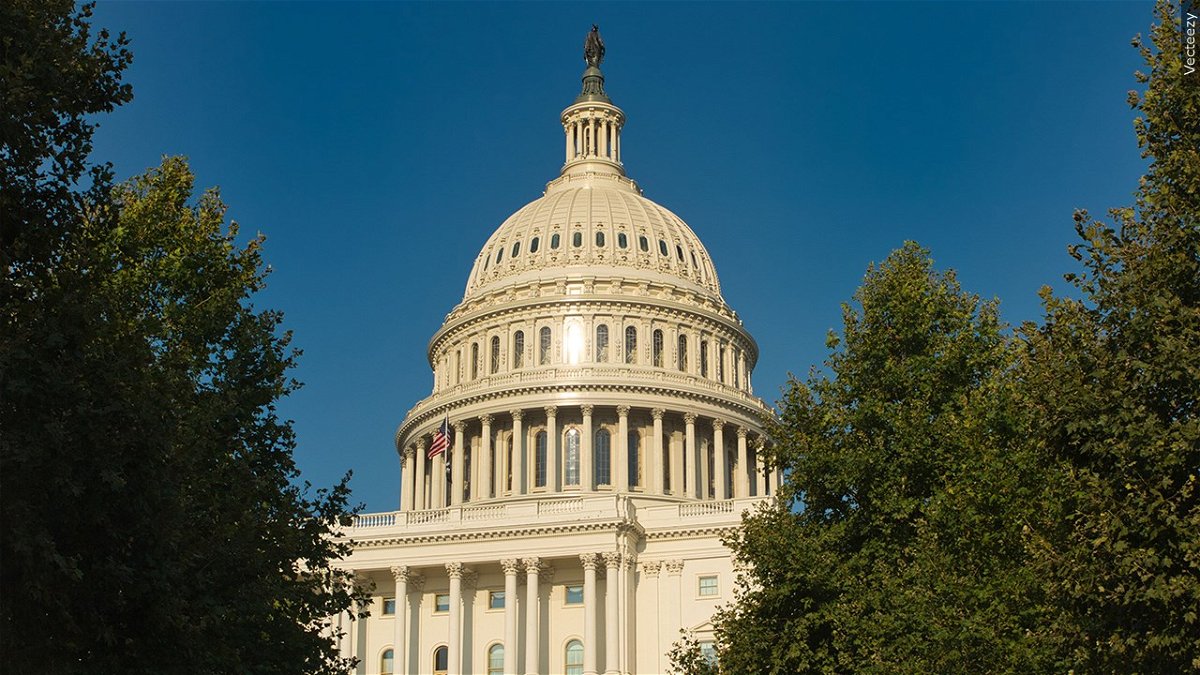Senate reaches deal to vote on government funding legislation, on track to avert a partial shutdown

Originally Published: 22 MAR 24 05:00 ET
Updated: 23 MAR 24 00:04 ET
By Clare Foran, Ted Barrett, Morgan Rimmer, Kristin Wilson and Haley Talbot, CNN
(CNN) -- The Senate has reached a last minute agreement late Friday night to vote on the government funding package, averting a partial government shutdown that was slated to begin at midnight.
While final passage is not expected until the early hours of Saturday morning, the Senate action is expected to effectively prevent any lapse in funding or government functions.
Despite the House voting earlier in the day, voting in the Senate was delayed for hours amid negotiations over an agreement to speed Senate passage. Republicans had demanded votes on controversial amendments that could put some vulnerable Senate Democrats in tough spots. The agreement included up to 12 amendment votes before final passage.
It’s been a tumultuous day on Capitol Hill. Immediately after the House voted to pass the legislation the Senate is considering, firebrand Republican Rep. Marjorie Taylor Greene of Georgia filed a motion to oust Johnson from the speakership. While the resolution does not need to be addressed immediately, it represents the most formal and strident challenge to the speaker’s leadership since he took over in late last year. The final House vote was 286-134, with 112 Republicans and 22 Democrats voting against.
The bill addresses a slate of critical government operations, including the departments of Defense, Homeland Security, Labor, Health and Human Services, Education, State and the legislative branch.
Lawmakers unveiled the $1.2 trillion government funding package just before 3 a.m. ET on Thursday, and the text is more than 1,000 pages long.
Schumer said Thursday that the text for the legislative package came “in the nick of time,” with fewer than 48 hours out from the deadline for a partial government shutdown. The Democratic leader added, “Now Congress must now race to pass this package before government funding runs out this Friday. Once the House acts, the Senate will need bipartisan cooperation to pass it before Friday’s deadline and avoid a shutdown,” a reference to how any one senator could slow passage of the bill and launch a partial shutdown.
After months of averting shutdowns at the eleventh hour with stopgap bills, Congress finally passed a package of six bills in early March to fund a slate of government agencies for the rest of the fiscal year.
Lawmakers must now fund the rest of the government to wrap up the annual federal funding process, which has dragged on far longer than is typical amid partisan policy disagreements and a historic change of leadership in the House after conservatives ousted former Speaker Kevin McCarthy in an unprecedented vote last year.
Johnson, who won the gavel after McCarthy’s ouster, faces an extremely narrow majority and pushback from his right flank over his handling of the government funding fight. With the House starting a two-week recess on Friday, Greene’s resolution to oust Johnson will hang over the GOP conference as it considers what to do next in the 118th Congress.
Johnson praised the bill early Thursday morning, outlining conservative wins in the package.
“This FY24 appropriations legislation is a serious commitment to strengthening our national defense by moving the Pentagon toward a focus on its core mission while expanding support for our brave men and women who serve in uniform,” Johnson said in a statement.
House members on both sides of the aisle lashed out Thursday over the agreement, with progressives and far-right members criticizing the legislation for different reasons.
GOP Rep. Chip Roy of Texas told CNN he won’t be supporting any Republican who votes for the bill and that leadership “owns the bill,” describing the bill as a “failure.”
“I would have a very difficult time doing that,” he told CNN’s Manu Raju. “The Republican conference is a failure if they pass this bill.”
House progressives have also been critical with some indicating they will vote against it over provisions that will withhold funding to United Nations Relief and Works Agency for Palestine Refugees for one year amid the alleged involvement of UNRWA employees in the October 7 attack against Israel.
McCarthy’s fate has raised questions over whether Johnson could face a similar threat to his speakership, but many Republicans have made clear they do not want another speaker’s race after the intense infighting and chaos triggered by McCarthy’s removal.
The separate six-bill funding package, which was signed into law by President Joe Biden earlier this month, included funding for the departments of Agriculture, Commerce, Justice, Veterans Affairs, Energy, Interior, Transportation, Housing and Urban Development, as well as the Food and Drug Administration, military construction and other federal programs.
This story and headline have been updated to reflect additional developments.
CNN’s Manu Raju contributed to this report.
The-CNN-Wire
™ & © 2024 Cable News Network, Inc., a Warner Bros. Discovery Company. All rights reserved.